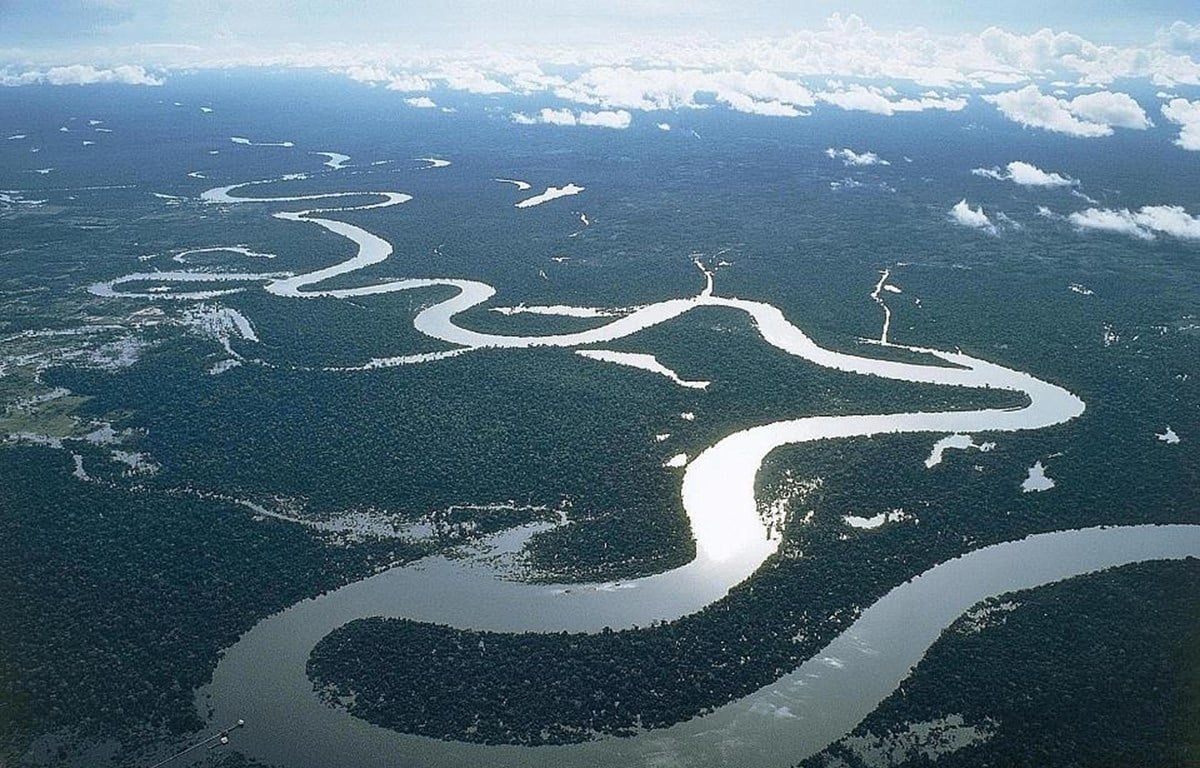WWF and its partners say that governments, dam investors and political consultants must come to an agreement to save river species
By Tommaso Magrini
Environmentalists have proposed a recovery plan in extremis to save what they call the 'irreplaceable' biodiversity of the Mekong River. The economic value of the fishery - on which 40 million people depend for over 4,900 kilometres from its source in China to the Vietnam delta - has collapsed due to development that has decimated the river's ecosystem, according to a recent report published by some two dozen nature conservation organizations led by the non-governmental organization WWF. The study 'Mekong's Forgotten Fisheries and Emergency Plan to Save Them' lists 74 endangered fish species, including the giant catfish and the giant freshwater stingray - the two largest freshwater fish in the world - and the climbing perch, Anabas testudineus, known for its ability to get out of the water and 'walk' on dry land. The sharp decline in fishing has been largely attributed by experts to 12 Chinese dams on the Lancang (the upper Mekong) and two downstream dams in Laos that would have drastically damaged the ecosystem. WWF and its partners say that governments, dam investors and policy advisors must come to an agreement to save river species, suggesting six steps, including protecting free-flowing rivers, restoring critical habits such as flood plains, and ending unsustainable resource management, particularly sand mining. According to activists, Cambodia could be on a roll after rejecting two major dam projects along the stretch of the Mekong from the Laotian border to Kratie province as part of a declaration of moratorium on dam construction issued in 2020. Environmentalists praised Cambodia's decision to protect an area of globally important biodiversity, home to some 80 Irrawaddy dolphins and 41 endangered species.






